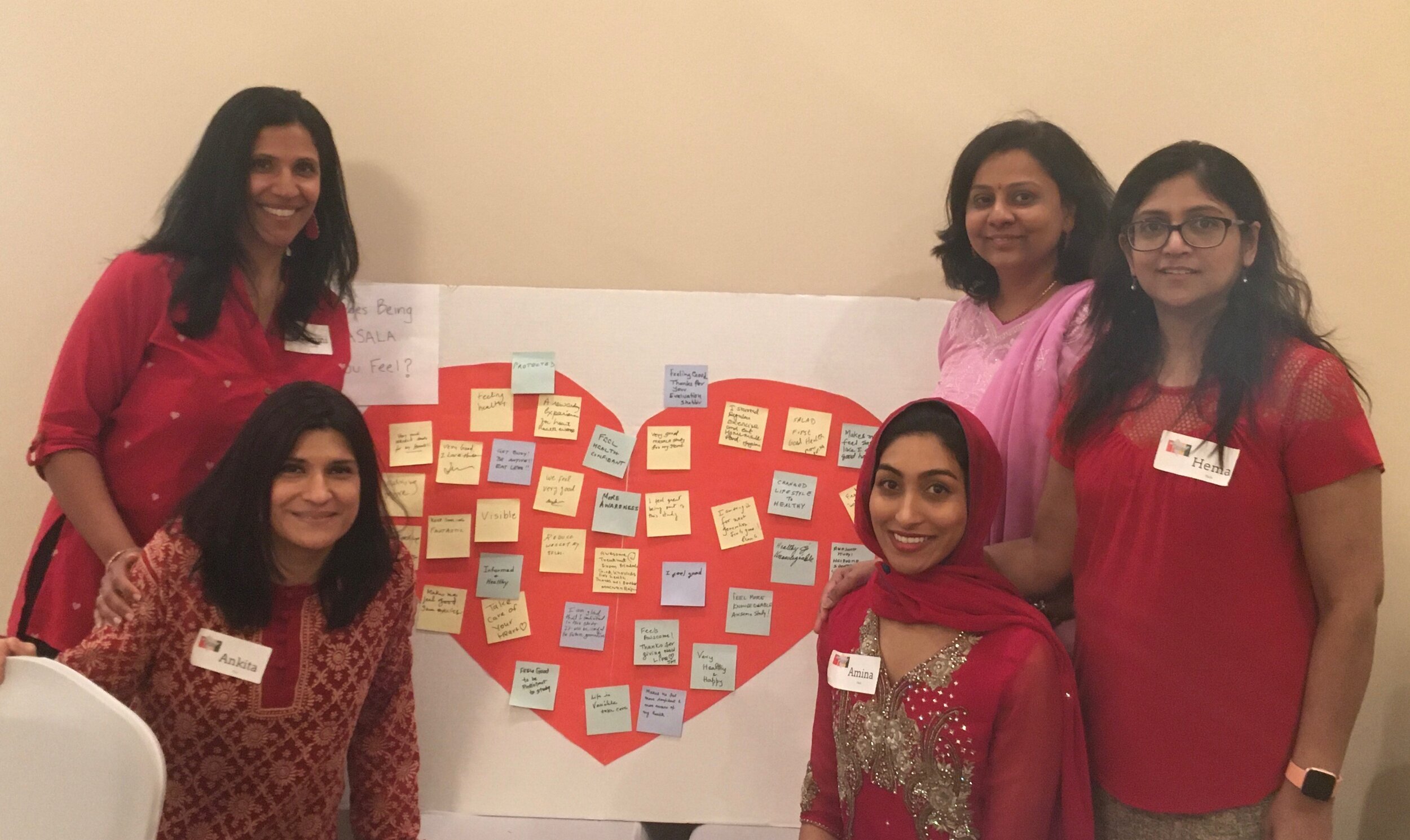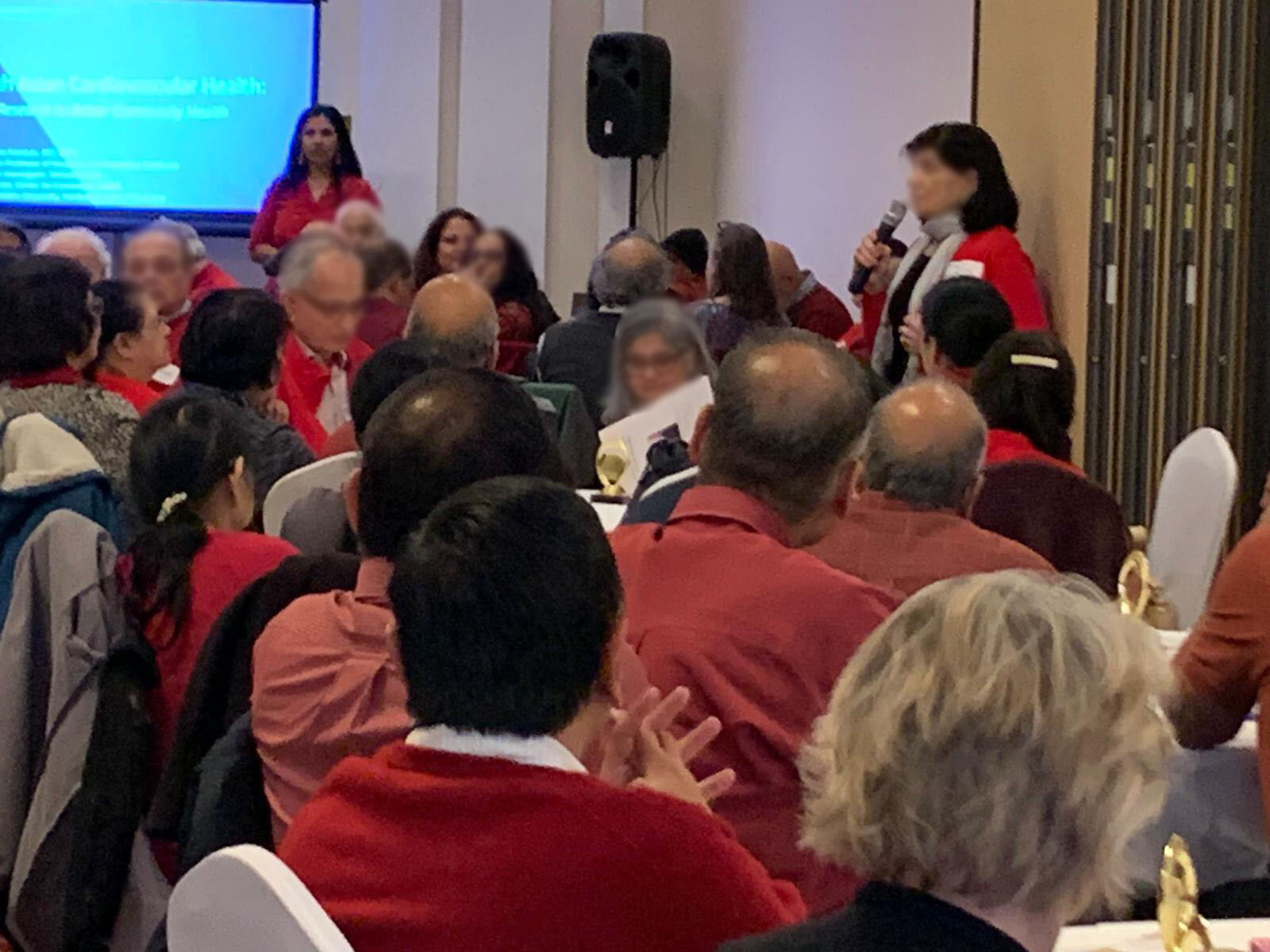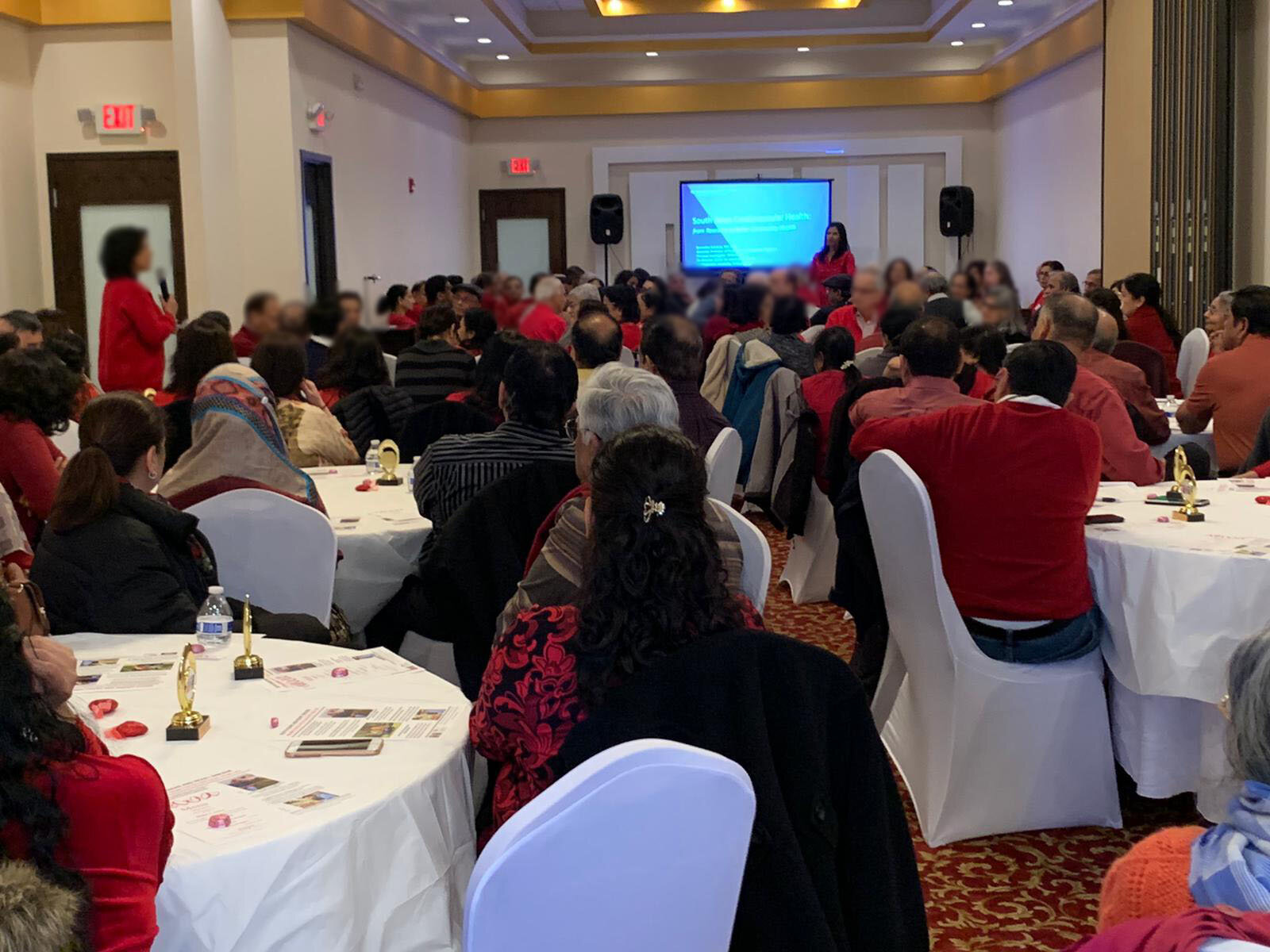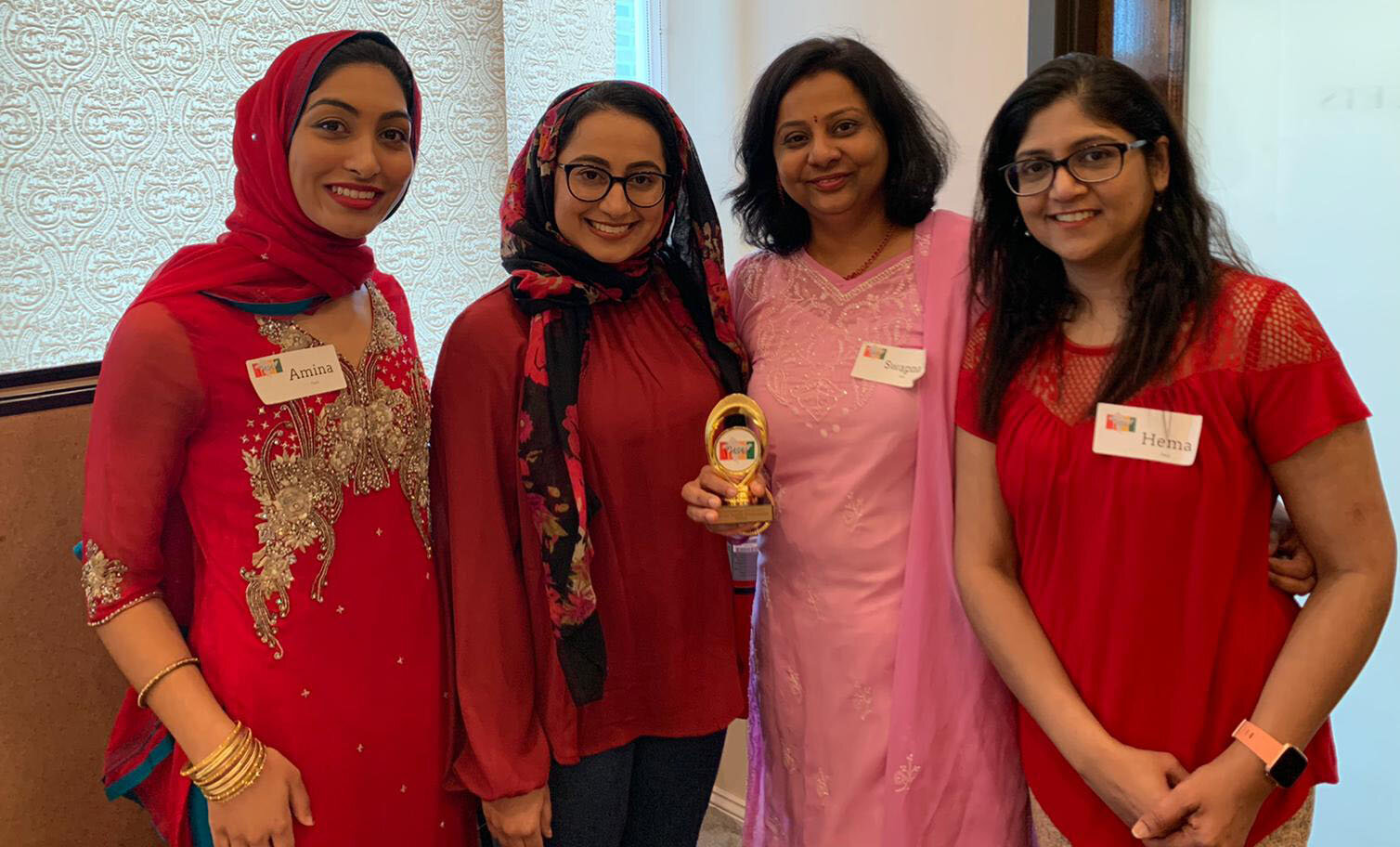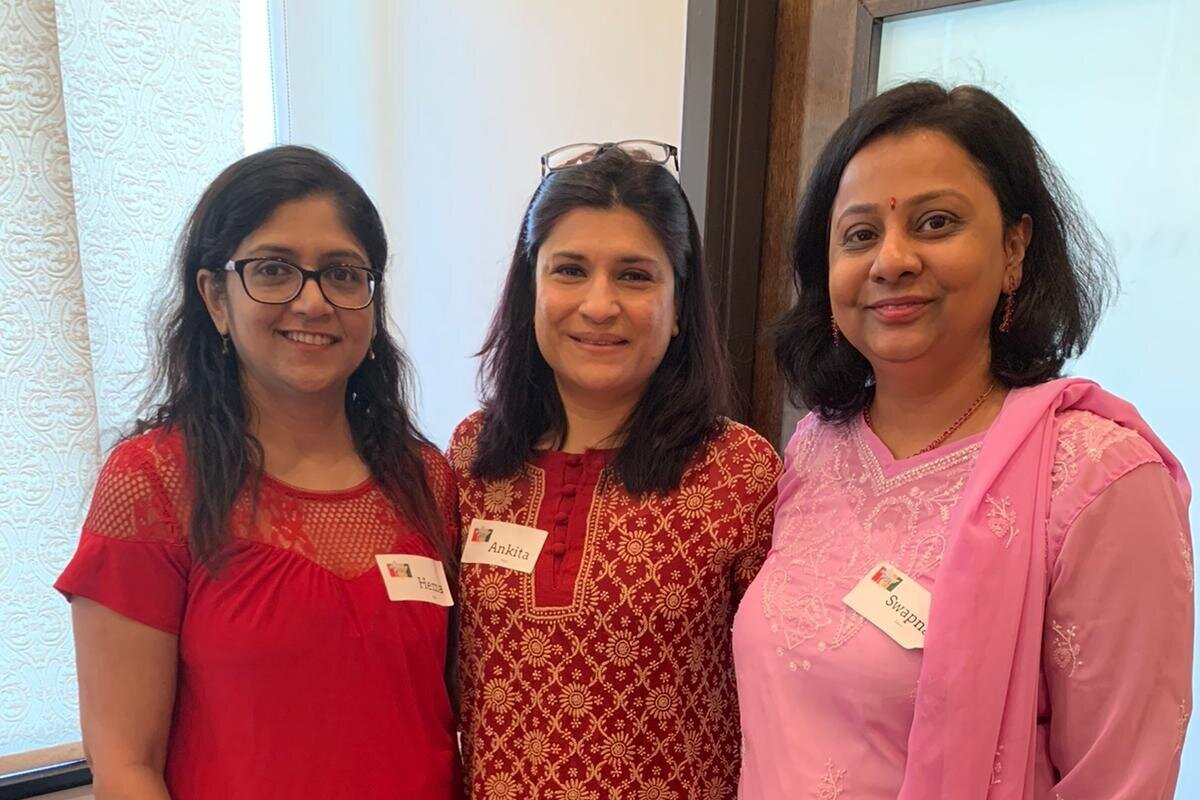The struggle to understand – and combat – heart disease among South Asian Americans
South Asians are four times more likely to get heart disease than other ethnic groups in the US. We are only starting to understand why.
By Anisha Sircar
In August 2020, a 60-year-old Indian-American walked into a clinic in Chicago complaining of abnormally high cholesterol levels. The doctor urged him to cut red meat from his diet. “But I’m a vegetarian… I don’t eat any red meat,” the puzzled man replied.
“That’s the first piece of advice somebody gives you when you go to the doctor,” says Namratha Kandula, a doctor and researcher at Northwestern University, Illinois. “If you say, ‘I’m a vegetarian,’ doctors don’t even know what to say next,” she said.
The 60-year old man was a participant in a study Kandula is conducting on the prevalence of heart diseases among South Asians. Like him, several participants in her study complain of similar encounters. Indians, Bangladeshis, and Pakistanis in their thirties and forties are given similar advice, and even suffer from heart attacks despite not necessarily eating meat, being overweight, or using tobacco.
“This is a really big issue,” said Kandula, pointing to a mismatch between what South Asian American communities have learnt about cholesterol, diabetes, and heart conditions, and what doctors know and understand.
The crisis
South Asian Americans are four times more at risk of developing heart disease than other American ethnic groups, have a much greater chance of getting a heart attack before age 50, and have the highest prevalence of Type 2 diabetes, a leading cause of heart disease, according to various studies.
South Asians in the United States are also more likely to die from heart disease than any other group, according to a study by the American College of Cardiology. This ethnic group represents approximately 25% of the world’s population – and yet accounts for 60% of the world’s heart disease patients, it says. Though this is a long-standing problem, even now, “nobody really understands what’s going on here,” Kandula said.
While it isn’t fully clear exactly why they are more prone to heart disease than other groups, researchers say a combination of genetics, diet, and socio-cultural factors play key roles.
The ethnicity has a genetic predisposition to developing risk factors associated with cardiovascular diseases. For instance, South Asians are genetically more likely to develop insulin resistance, which can then cause diabetes and metabolic syndrome – important culprits of heart health issues.
South Asians’ carbohydrate-heavy diets, often rich in oils and fats, are also highlighted as another issue: “You’re already predisposed to developing a condition such as diabetes or heart disease, and then you’re eating foods that would make the control of that worse,” said Rita Kaur Kuwahara, an internal medicine physician with expertise in international health and health policy.
When a person eats sugar or carbohydrates, she explained, their body releases insulin to help break it down. But with diabetes or insulin resistance, cells don’t respond to the insulin, and so cannot work as well to bring sugar levels down. “On top of that, if you’re eating foods that require more insulin to process, you’re going to have uncontrolled diabetes or very high sugar levels.”
Also, physiologically, South Asians may not have higher rates of obesity or body mass indexes than other groups, but tend to accumulate fat in the belly area and the abdomen, which is a dangerous type of fat. This causes inflammation in the body, and can lead to high blood pressure, diabetes, and insulin resistance, researchers say. On average, South Asians tend to store more fat in the “wrong places” and have less lean muscle mass than other populations.
Legal push
To address this, Congresswoman Pramila Jayapal introduced a version of the South Asian Heart Health Awareness and Research Act in 2017. The bill, which was reintroduced in 2019 and passed the House of Representatives in September 2020, aims to promote heart health awareness and bring funding to an obscured cause.
When Jayapal saw healthy South Asians suffer from heart attacks, she realised the extent of the problem, said Stephanie Kang, a representative from Jayapal’s office, who works as the Congresswoman’s health policy advisor. “There was rarely a South Asian she’d met that didn’t have a family member who unexpectedly had heart disease, even though they were healthy.”
A lack of funding and resources has continued to plague this issue, which is what led to the vision behind the bill, said Kang.








